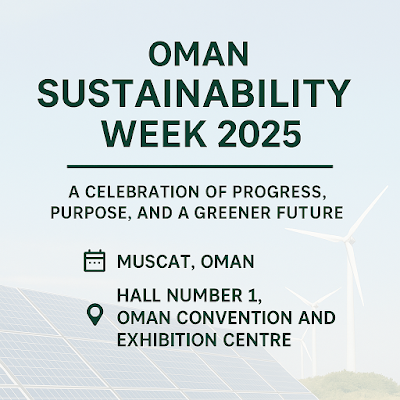How Composting at Home Turned My Waste into Garden Gold
It started with guilt. Every time I tossed vegetable peels or coffee grounds into the trash, something inside me sank. I’d read about food waste and its role in climate change, but I never thought I was part of the problem — until I saw just how much went into my bin every week.
That’s when I discovered composting at home. What began as a small experiment turned into a habit that not only reduced my waste but brought my garden to life. And trust me — if I can do it, so can you.
In this article, I will show you how to start composting at home- whether you live in spacious house or small apartment and even if you are brand new to it. We will also cover some of the most common beginner questions like:
-
“Does composting smell?”
-
“Can I compost in an apartment?”
-
“What do I do if I don’t have a garden?”
Let's transform your everyday waste into something truly valuable.
Why Composting at Home Matters
Before we dive into how-to, let’s talk about why these matters. According to the UN Food Waste Index, over 1 billion tons of food go to waste every year — much of it ending up in landfills where it emits harmful methane gas.
By composting at home, you are making a meaningful difference:
-
Reducing your household waste
-
Creating natural fertilizer for plants
-
Supporting a cleaner, greener planet
It’s simple, it’s impactful, and it begins with your kitchen scraps.
What You Need to Start Composting at Home
One of the biggest misconceptions is that composting requires a backyard or fancy setup. Not true. Here's what you really need:
Basic Supplies:
-
A compost bin or container (indoor or outdoor)
-
A mix of “greens” (wet materials like food scraps) and “browns” (dry materials like leaves or paper)
-
Some airflow and moisture
Where to Compost:
-
In a backyard: Use a compost pile or tumbler
-
In an apartment: Try a countertop compost bin or vermicomposting (with worms!)
-
No outdoor space? Many communities have compost drop-off centers
What You Can and Can’t Compost
Can Compost (Greens and Browns):
-
Fruit & veggie scraps
-
Coffee grounds & filters
-
Eggshells
-
Tea leaves
-
Shredded newspaper or cardboard
-
Dry leaves
Avoid Composting:
-
Meat, fish, or dairy (can attract pests)
-
Oily or greasy food
-
Pet waste
-
Plastic or synthetic materials
Tip: For composting at home to be successful, aim for a 2:1 ratio of browns to greens. This helps prevent odor and speeds up the process.
Suggested Article for Reference
National Geographic – How to Compost at Home
This article provides a step-by-step guide for beginners, offering insights into selecting composting sites and equipment.
https://www.nationalgeographic.com/lifestyle/article/how-to-compost-at-home
Does Composting Smell? How to Avoid That
One common concern people search for is: “Will composting make my home stink?”
Here’s the truth: If done right, compost shouldn't smell bad. In fact, a healthy compost pile smells earthy — like fresh soil. To avoid bad smells:
-
Keep the balance of greens and browns
-
Stir your compost once a week
-
Make sure the pile isn’t too wet (add more browns if it is)
What If You Don’t Have a Garden?
Another question we often hear: “What do I do with compost if I don’t garden?”
Here are a few ideas:
-
Donate your compost to a community garden
-
Use it for potted plants or indoor herbs
-
Give it to a neighbor who gardens
-
Mix into soil around trees or plants in your building’s common area
Composting at home isn’t just for gardeners — it’s for anyone who wants to reduce waste.
Troubleshooting Common Compost Problems
| Problem | Likely Cause | Quick Fix |
|---|---|---|
| Bad odor | Too many greens or moisture | Add browns like paper or leaves |
| Attracts fruit flies | Exposed food scraps | Bury scraps under browns |
| Compost too dry | Not enough greens or moisture | Add veggie scraps or a little water |
| Not breaking down | Lack of oxygen or imbalance | Stir weekly, check greens:browns |
Final Thoughts: Small Steps, Big Impact
If there’s one thing I’ve learned from composting, it’s that even small acts can ripple into something big. By composting at home, you’re not just reducing waste — you’re building a more sustainable lifestyle.
You don’t need to be perfect. Just start.
Let’s Keep the Green Growing
Have you tried composting? Thinking about starting?
Share your thoughts or questions in the comments!
And if this guide helped, feel free to share it with a friend who might want to turn their scraps into soil.
Check out our related post: How to Make Natural Fabric Dye at Home – another way to reduce waste and live greener.





Comments
Post a Comment